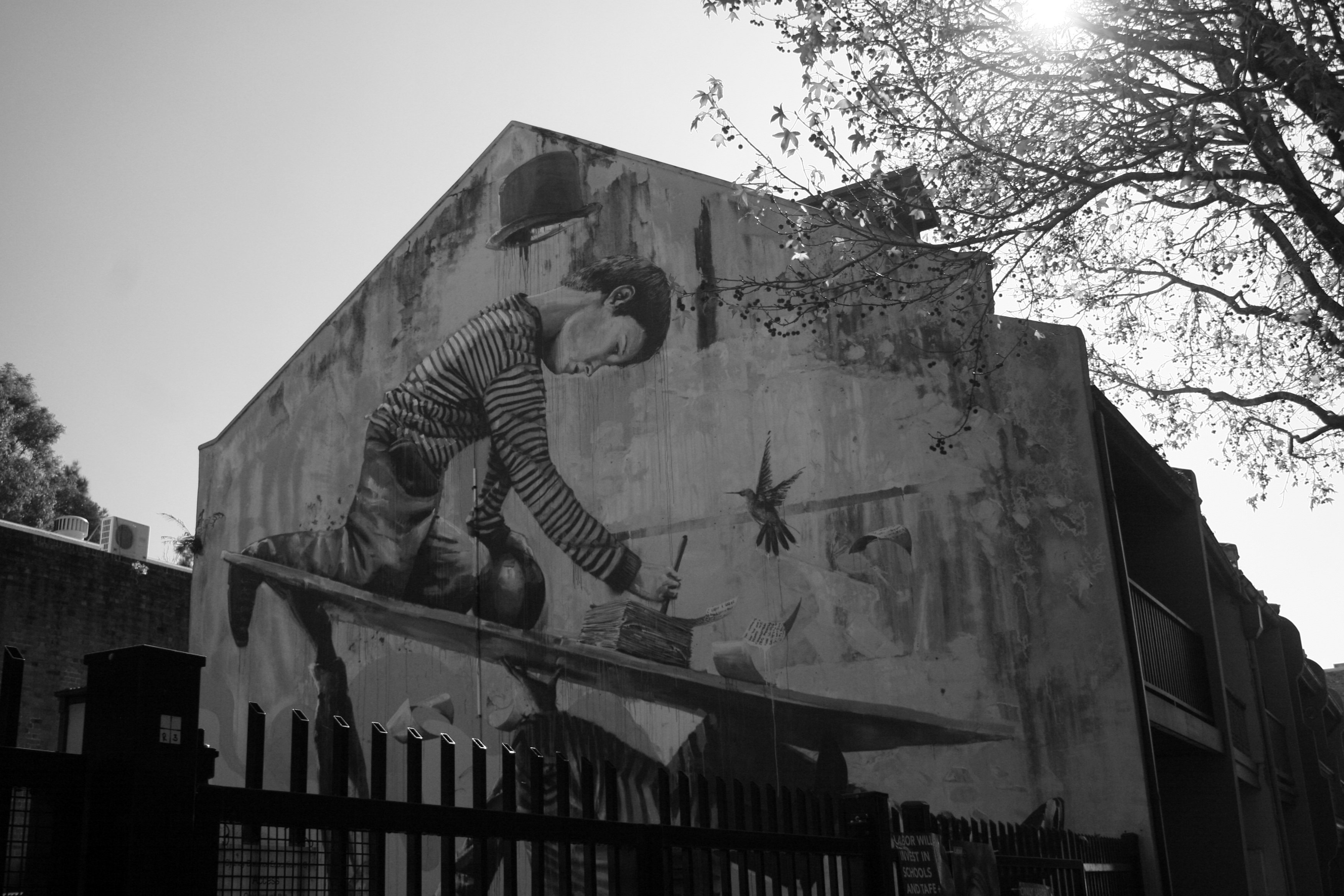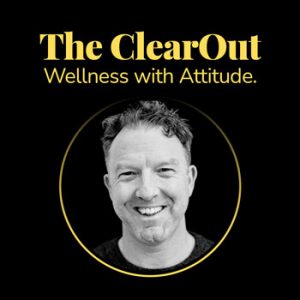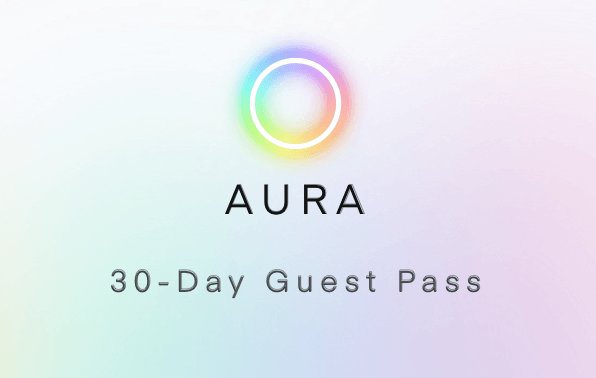
Sometimes the simplest thing to do is to just start speaking and trust you will find a way to say what you really want to say.
The ‘simplest’ thing.
It’s simple if there’s nothing at stake. It’s simple if what you have to say is a bit ‘beige’, a bit meh. But if you have something of real import to share, something coming from the core of who you are, then it’s very far from simple.
Then it’s more a case of “How the hell am I going to say this? Where am I going to begin? Where should I begin? And to whom am I speaking? And why have I chosen them? And how will they see me after I have spoken?”
Then it’s anything but simple. It’s like a walk through a woods – without your bearings, things could get very tricky. You enter feeling confident you can get to the heart of the woods and out the other side, but gradually everything looks the same and before long you are no longer sure which way you are pointing, until eventually you can’t even say whether you won’t pop out at the same place you came in.
Which is fine, if you don’t mind coming back to precisely where you started. This is called a round trip, which is one of the safest journeys to go on. Returning to what you know is reassuring. Comforting. Affirming.
But it can also be soul-destroying. Because perhaps you really were trying to get somewhere else. Somewhere new. Somewhere different. In which case, you should have bought a one-way ticket.
A one-way ticket carries a certain symbolic weight, doesn’t it? It represents escape. Resolution. Adventure and overcoming fear. It is commitment to travelling without the safety net of knowing you’ll be coming back.
Sometimes, saying the big things has to be like that. It takes commitment. It requires embracing fear as your travelling companion. Which suggests that, in all likelihood, the journey won’t be especially pleasant.
But that commitment to finding your own words and your own voice in service of your own story is possibly the most powerful thing you will ever do for yourself.
That power comes from truth. Not objective, empirical truth, but blood-soaked, messy, ugly, confronting truth that is unequivocally subjective and personal and defined by ownership.
Ownership of what? Your story. As told by you. With no-one to silence or curtail you. It’s your story, no-one else’s. And in the telling of it, you start travelling from one definition of yourself to a new definition of yourself. So your story becomes your journey, which you also take ownership of.
This is language as a means of transport. Language as vehicle. Language as conduit. Language as catharsis.
And in imparting your truth to other people there is every chance that you impact on their story and in some way make them complicit in arriving at a new point. You and your words become the driver, the conductor, the agent of change.
But not everybody is interested in change. Not everybody is happy to listen. But why should that be your responsibility? Why should you make yourself quieter or less vocal to accommodate their discomfort? Why should you modify your story to make room for the intransigence of others?
You shouldn’t. There is no reason.
Because, quite simply, you have the right to speak. And no-one has the right to deprive you of your voice. No-one has the right to tell you what you can and can’t say. No-one has the right to dictate to you your story or to tell you what role is yours to play.
But my assertion is not supported by history. Throughout time, humans have organised themselves into groups and hierarchies and have always taken it upon themselves to allocate rights and roles.
Which means they have allocated stories and the permission to tell them. Or not. And they have decided whose stories have merited telling, hearing and sharing. So you may have been lucky. Your story may been given the stamp of approval. Your story may have been given permission to be part of our story. But if you didn’t pass muster, your story remained part of their story.
And we’ve been taught to care far less about their story than our story. Because it would seem that human society has always struggled to make room for more than one story. It has struggled to leave space for the stories of those who make them uncomfortable.
Which begs the question – who makes us uncomfortable?
Anyone who questions our right to not think. Anyone who challenges our complacency. Anyone who suggests we are not doing a great job. Anyone who might be the first domino that leads to a surrendering of even the tiniest bit of our power. Anyone who demands to be listened to and seen in a way that is not dismissive or reductive or qualified. Anyone who refuses to be ‘othered’. Anyone who insists that their humanity has no less value than the rest of society.
How does society typically respond to these inconvenient ‘anyones’?
Well it depends on whether they feel it is safe to show their contempt or not. It depends on how much of a green light they have been given to vent their intolerance, their bigotry, their fear-fuelled hatred. When given permission, history has shown humans to be exceptionally capable of the persecution of those deemed deserving.
In these more enlightened times however, pogroms and massacres and lynchings are slightly less palatable. So in their place we have put rhetoric. Rhetoric is language that precludes a response. It is a way of asserting facts without engaging in real debate or discussion. It is a way of discarding nuance and understanding and complexity. It is a way of ascribing story. It is a way of copperfastening ‘us and them’ narratives.
‘They’re like that.’ ‘This is the way they are.’ ‘This is how they think.’ ‘This is what they are like.’ ‘They’re not like us.’ ‘They’re different.’ ‘They don’t want what we want.’
Or my favourite – ‘We’re normal, they’re f****d up.’
The arrogance to presume that you are the standard is breathtaking. How self-regarding, how self-congratulatory you would have to be to say ‘this can’t be improved. This really is the best possible way to be. Don’t consider any other options because we’ve cracked it – this is an unbreakable formula. Anyone who says different is wrong.’
Hannah Gadsby says different. And she’s very far from wrong.
Hannah Gadsby is an Australian woman who has had enough. She is a comedian. She is also gay. And she recently did a stand-up show in the Sydney Opera House which has been made into a Netflix special. The show is called Nanette and shortly after it was broadcast I became aware that it was causing quite a stir. I knew vaguely that it had something to do with gender and identity and art but apart from that, I was in the dark.
And then I watched it. And it blew my mind.
Why? What made it so special? I’ve watched stand-up shows before and haven’t come close to what I experienced watching Nanette. What did Gadsby do that set it apart from the monologues of the legions of comedians who have done the same thing a million times before?
It’s ‘simple’. She told her story. And in the telling of her story, she stripped herself naked and was frightening in her honesty and her anger and her hurt and her strength. She took a received form of performance and shattered all expectations. She created excruciating tension in that storied venue and refused to let her audience off the hook. And she knew it. She knew what she was doing. She entered the woods to kill some monsters.
This was art at its purest. At its most dangerous. Live performance spaces, particularly those that happen in darkened rooms, are places where we are willing to make ourselves vulnerable. We place ourselves in the hands of performers and various artists and agree to be brought somewhere, to be transported. But that vulnerability is no longer a real issue. Over time these spaces have become very civilised and predictable, very middle-brow, sometimes even rarefied and exclusive – in other words, the antithesis of anything remotely dangerous.
Mostly, this is because we have forgotten the real purpose and power of the storyteller in society. We have reduced art to mere entertainment. We have forgotten that tradition of artists as interpreters of existence. We have forgotten that artists were shamans who fascinated us but also made us feel wary. We loved their stories and their dance and their song. We loved the pictures they painted. But we feared their gaze. We didn’t want them to turn their eyes on us. We wanted them to tell the story of ‘out there’, not of ‘in here’.
What Hannah Gadsby shows us in Nanette is that shamans are still with us, even in our dead-eyed, complacent, comfortable Western societies. I am not going to go into the specific content of her show because I urge you to have that experience for yourself. I don’t want to deprive you of any part of your own journey with her.
But I will say what I came away with. A show that said ‘no more’. A show that was a profound and substantive indictment. An indictment of the denial of voice. An indictment of the denial of identity. An indictment of social, religious and sexual conservatism. An indictment of the male presumption of power. An indictment of the male gaze in art and in life. An indictment of the grotesque reduction of women to their sexual utility. But mostly it was an indictment of refusing people the right to their own space and their own story.
Society didn’t give Hannah Gadsby space. And it didn’t give her the right to her own story. It allocated the ‘dyke-lesbian-ugly woman-man hater’ story instead. But Gadsby made her own space. She earned her space in comedy and that gave her access to that stage in Sydney. It gave her access to that audience. And via Netflix it has given her access to a worldwide audience. And having made that opportunity for herself she decided to tell her story to us all. And it was not the story anybody was expecting. But it was a story that everyone needed to hear.
And it was ‘simple’.
All she had to do was start speaking and trust that she would find a way to say what she really wanted to say.
What truth have you told? Has your story been heard? What’s stopping you?



A thought provoking piece Dara which resonated with me.
Thanks Libby, always happy to hear your thoughts. 😊
Nice one Dara. I’ll check the her out. Keep on wandering in the woods. Sean.
Good to hear from you buddy. Hope life up North is treating you all well.😎